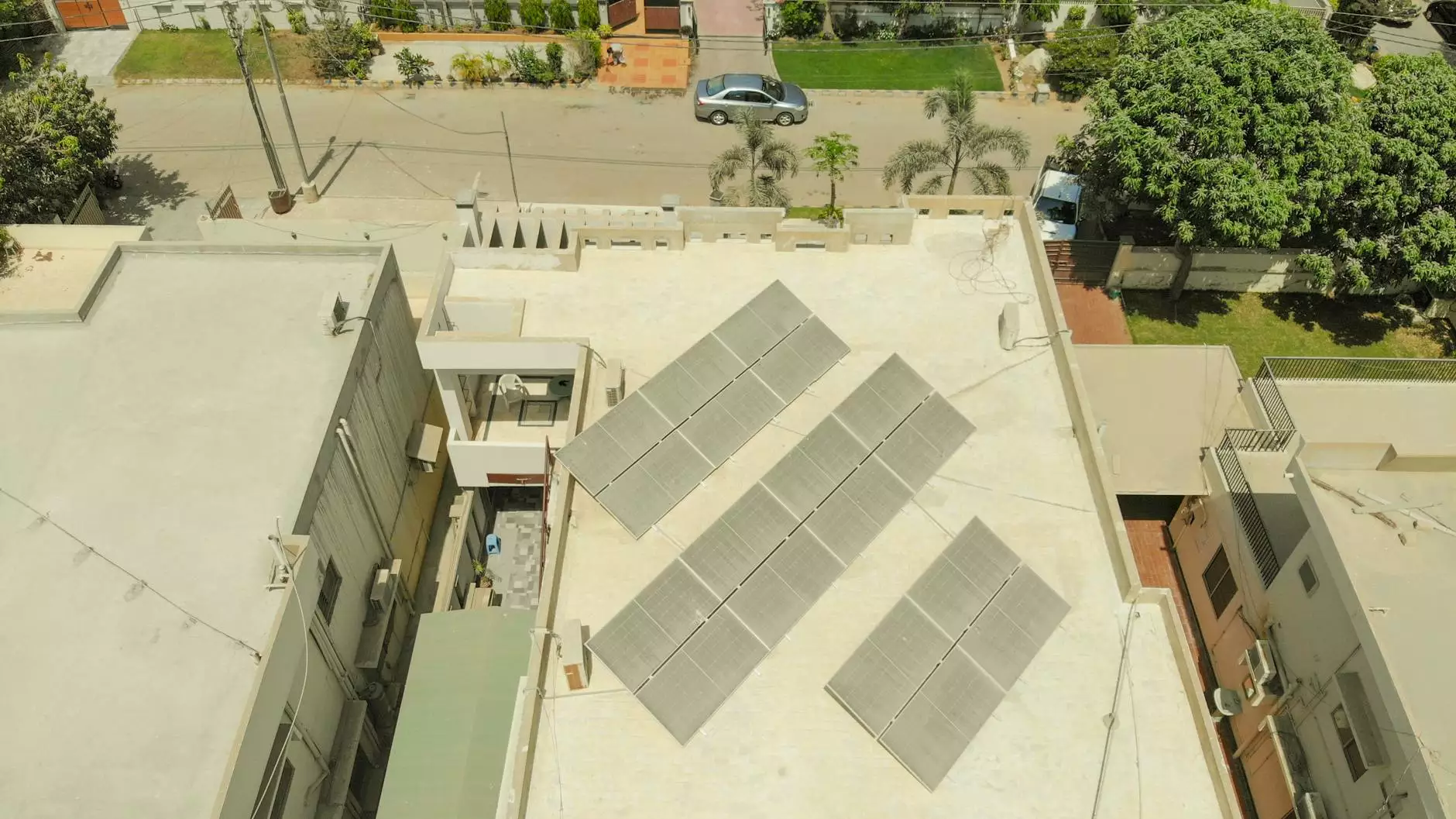Air Source Heat Pump Disadvantages

When it comes to renewable energy solutions, air source heat pumps have gained significant popularity in recent years. However, it's important to consider both the advantages and disadvantages before making a decision. In this article, we will focus on discussing the disadvantages of air source heat pumps, providing you with valuable insights into their limitations.
Inefficiency in Extreme Cold
One of the primary disadvantages of air source heat pumps is their reduced efficiency in extremely cold temperatures. Since these systems extract heat from the air, they may struggle to heat your home efficiently when the outside temperature drops significantly below freezing. This can lead to reduced heating capacity and potential discomfort during severe winter conditions.
Lower Heat Output in Cold Climates
In regions with consistently colder climates, air source heat pumps might not be the most suitable solution. As the outdoor temperature decreases, the heat output also decreases, meaning that the system may struggle to meet the heating demands of your home. In such cases, it is important to carefully assess whether an air source heat pump will be able to provide sufficient warmth during freezing winters.
Additional Heat Source Required
In some cases, relying solely on an air source heat pump for heating may not be enough, especially in areas with harsh winters. To ensure optimal comfort, you may need to have an alternative heating source as a backup. This additional heat source adds complexity and cost to the overall system, reducing the perceived energy and cost savings typically associated with air source heat pumps.
Noisy Operation
Compared to other heating solutions, air source heat pumps can be slightly noisier during operation. The noise primarily comes from the outdoor unit, which contains a fan and a compressor. While advancements have been made to reduce the noise level, it is essential to consider the proximity of the outdoor unit to areas where the noise might cause a disturbance, such as bedrooms or outdoor spaces used for relaxation.
Dependence on Electricity
Unlike some other renewable energy sources, air source heat pumps are dependent on electricity to power their operations. This reliance on the electrical grid means that if there is a power outage, you may be left without heat until the power is restored. It's crucial to have a backup plan in place, such as a generator or alternative heating option, to ensure you can maintain a comfortable temperature within your home during unexpected power outages.
Installation and Upfront Costs
While air source heat pumps are generally considered cost-effective in the long run, the upfront installation costs can be a significant disadvantage for some homeowners. The installation process involves various components, such as the outdoor unit, indoor unit, and additional ductwork. Due to these requirements, the initial investment for an air source heat pump system tends to be higher compared to traditional heating systems. However, it's important to note that these costs can often be offset by energy savings over time.
Environmental Impact
While air source heat pumps offer significant environmental benefits by reducing carbon emissions, their production and disposal can have negative effects on the environment. The manufacturing process contributes to carbon emissions, and improper disposal can lead to potential environmental pollution. It's essential to choose reputable manufacturers and ensure proper disposal methods are followed to mitigate these adverse environmental impacts.
Maintenance and Servicing
To ensure optimal performance and longevity, air source heat pumps require regular maintenance and servicing. This includes annual inspections, filter cleaning or replacement, and potential repairs. Neglecting these maintenance tasks can result in reduced efficiency, increased energy consumption, and potentially costly repairs down the line. It's important to factor in these ongoing maintenance requirements when considering the overall cost and convenience of an air source heat pump system.
Conclusion
In conclusion, air source heat pumps certainly offer numerous benefits as a renewable energy solution for heating your home. However, it's crucial to weigh the disadvantages as well. These include decreased efficiency in extreme cold, lower heat output in cold climates, potential noise during operation, dependence on electricity, upfront installation costs, environmental impact, and the need for regular maintenance and servicing. By considering both the advantages and disadvantages, you can make a well-informed decision regarding the suitability of air source heat pumps for your specific requirements.
For more information, feel free to explore our website, Renewable Energy Hub. We provide reliable and unbiased information about various renewable energy solutions, helping you make environmentally conscious choices for your home or business.
air source heat pump disadvantages


